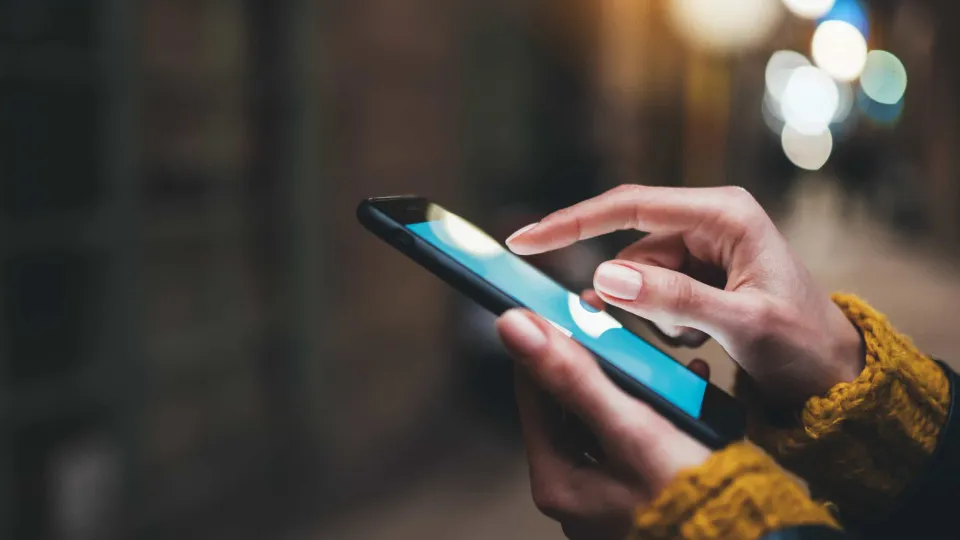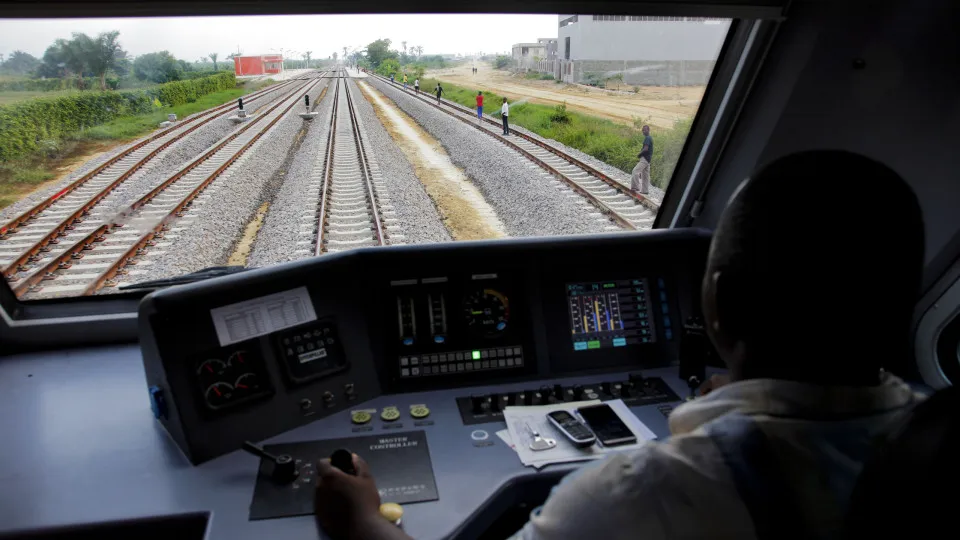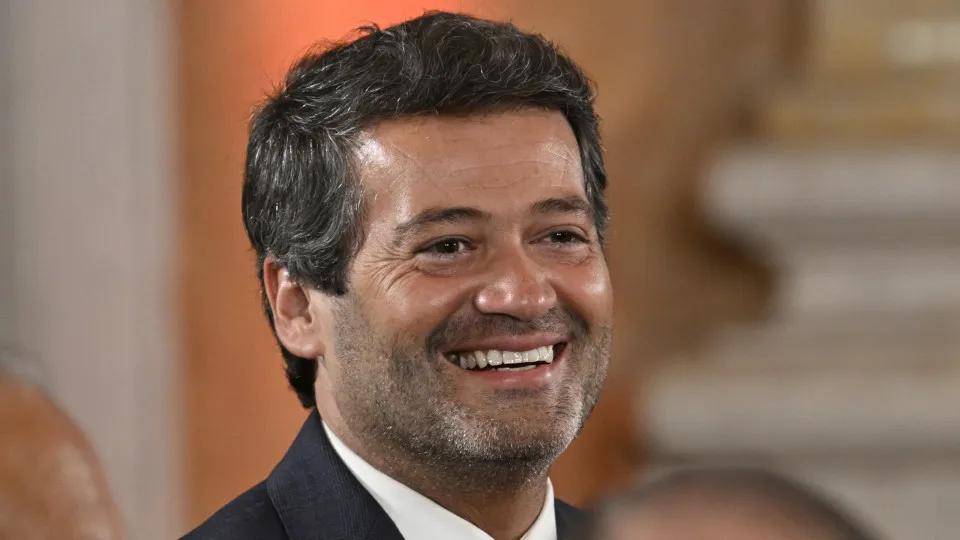
Inaugurated in 1997 in Coimbra, the emotional support and suicide prevention helpline was established due to university students feeling isolated, and it quickly expanded its service to support anyone in need of emotional assistance.
Speaking to the Lusa news agency on World Mental Health Day, amid warnings from experts about increasing self-harm behaviors among the youth, the helpline’s president explained that the majority of calls (52%) come from adults (36-64 years) and elderly individuals (17%).
“Only then do we have young adults, students, and very few teenagers,” commented Rita Neves, a volunteer with the service since 2021.
As for why this might be, the helpline leader noted that it’s unlikely due to a lack of outreach, as the service is “very strong” in universities and schools, but perhaps students are “not as open to seeking help or calling support lines.”
The helpline saw “an exponential increase” in the 2024-2025 academic year, more than 100%, totaling 1,799 calls, which was taken as an indication that “people increasingly need to talk, or that the line is reaching a wider audience,” according to the service leader.
While primarily an emotional support and suicide prevention line, the majority of calls are unrelated to suicide, focusing instead on romantic, family, and friendship relationships, as well as loneliness.
SOS Estudante (915246060; 969554545; 239484020) also receives numerous silent calls from individuals unable to express themselves, but, as noted, just knowing someone is on the other end can calm and encourage them to try calling again.
“Many people also call just to talk about their day,” often marking the first time they’ve spoken to anyone that day.
“We find that loneliness is present in nearly all the calls,” commented Rita Neves.
Regarding serious cases, such as the recent suicides of two students at Castro Daire Secondary School, Viseu, Rita Neves advocated for specialized support from mental health professionals for the whole community.
“It’s not only those closest but the entire school because it affects everyone around the event,” she emphasized.
Rita Neves explained that support lines provide primary assistance. “In our case, we operate between eight in the evening and one in the morning and generally do not have psychologists available.”
“This is primary support for someone in crisis or who desperately needs to talk at that moment but will never replace psychological support,” she added.
The line currently has 33 volunteers, all students from various fields of higher education in Coimbra, who underwent “a long recruitment process” and “30 hours of training to equip them for handling all types of calls.”
“We are all volunteers and receive nothing in return aside from the gratification of knowing we’re making a difference,” stated the president, who stopped taking calls upon assuming the position for anonymity reasons.
Reflecting on her time handling calls, Rita Neves stated that “the hardest part” is managing to distance oneself and realizing that the help they can provide “is quite limited,” though she emphasized that volunteers have access to professional psychological support whenever needed.
“We’re operating over the phone, and although we firmly believe in the power of active listening, the truth is that we’re not always able to save someone’s life,” she acknowledged, admitting, “There are calls you never forget.”
On this date, Rita wanted to convey that “asking for help is an act of courage” and “being attentive to those around us can save lives.”




